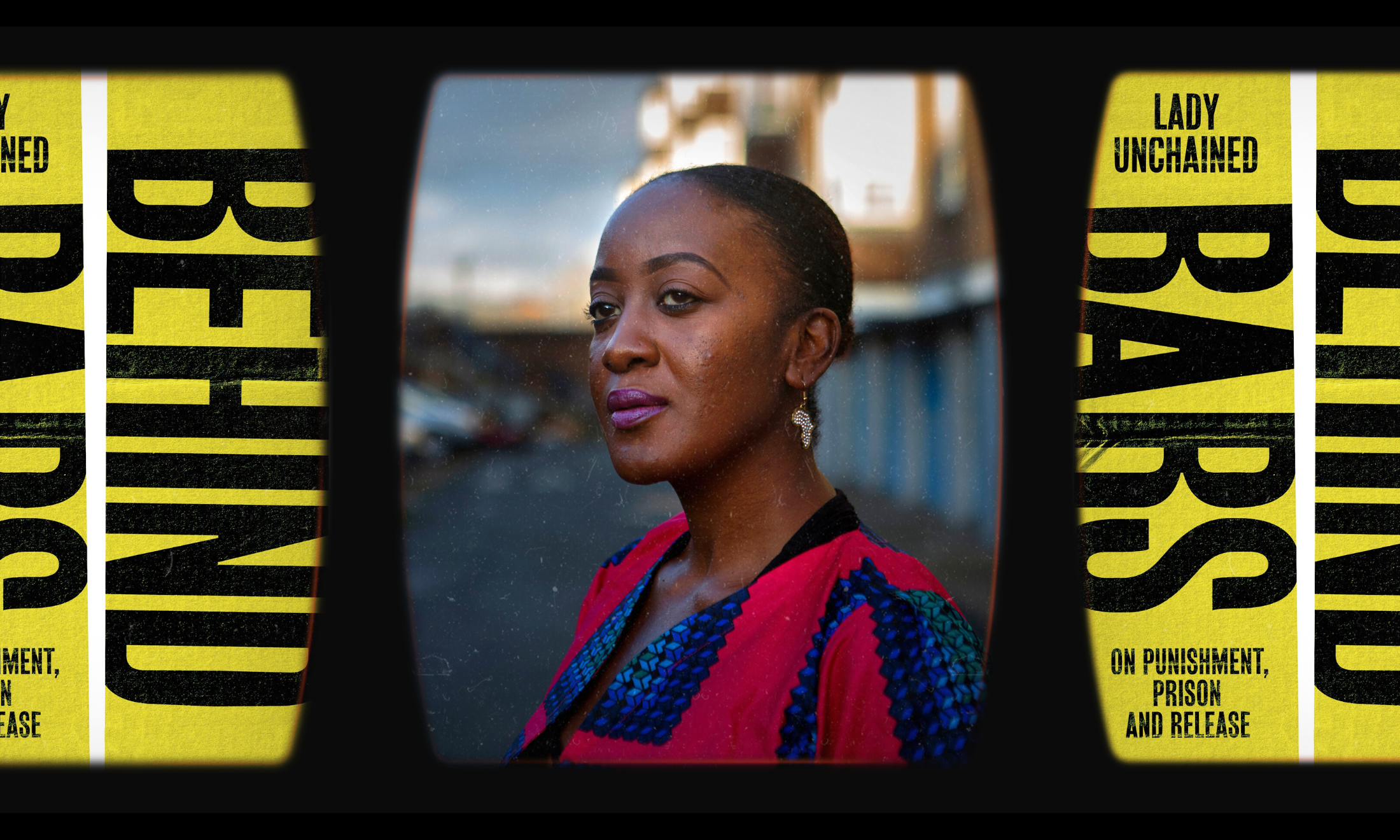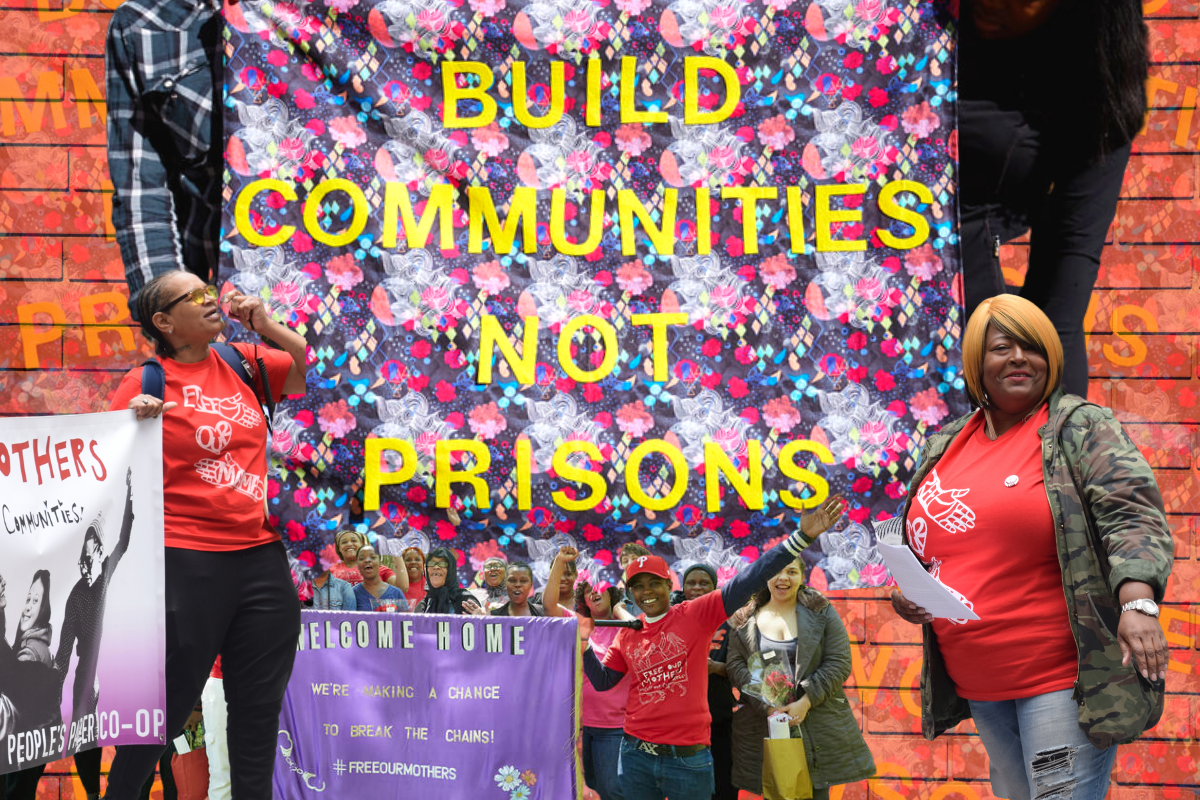
For racialised women in the criminal justice system, their sentence doesn’t end with release
Women of colour who find themselves convicted of a crime are serving a lifetime sentence, thanks to societal discrimination.
Olivia Dehnavi
08 Sep 2021
Last summer, when I first spoke to Jess*, a mother who had left prison two years before, she was fighting to get custody of her daughter back. “I’ve written to my MP, I’ve written to the council, I even thought about applying for judicial review,” she said, sounding hopeful and determined.
Jess was doing everything in her power to rebuild her life. She found a flat, mental health support, and a job. Through her own resolve, she was slowly retrieving everything that the criminal justice system had taken from her. But when it came to the thing that mattered most – rebuilding her family – there was little more she could do.
As a researcher at Working Chance, an organisation that supports criminalised women to find employment, I’ve witnessed again and again how the state uses its power to sever relationships and take resources away from the most marginalised women in our society. Left with nothing, many resort to offending, or reoffending, in an attempt to access what they need to live a dignified life.
While researching the long-term impacts of conviction on racially minoritised women, I spoke to many women of colour who faced outsized consequences for minor crimes. Our ‘Worst-Case Scenario’ report, published earlier this year, found that this very much related to their intersectional identities.
I spoke to two women of Nigerian heritage who were both convicted for offences involving council housing. The first, Mary, was found guilty of benefit fraud for allowing a pregnant woman from the Nigerian community to stay at her council flat while Mary lodged with her boyfriend. The second, Ijeoma, was convicted of misconduct in public office after prioritising council housing for members of her own community while working for a local council.
To me, as a woman of colour and daughter of an immigrant parent, it feels clear that these incidents were acts of solidarity between members of a community, dispersing the meagre resources at their disposal in a landscape of austerity. But to the state, they are crimes. Mary was given a 10 month custodial sentence, despite it being her first offence. Her youngest child was born during her trial, and was still breastfeeding when she went to prison. Ijeoma received a five-year sentence; her son went into care.
Thousands of women are sent to prison every year, despite the fact that they pose no risk to the public. Our research confirmed what we all know: that the criminal justice system is institutionally racist, sucking racially minoritised women into structures that are rigged against them.
When Jess – the mother who lost custody of her child – faced trial, every professional she came into contact with was white. As a Black woman, she felt at the mercy of the imbalance of power between herself and authorities, whether it was the judge, social workers, or psychiatrists.
“Almost half of employers say that they wouldn’t consider hiring someone with a criminal record”
Her daughter was removed from her custody and taken into care, before being made eligible for adoption. Her barrister told her that the judge’s decision to remove her daughter was unlawful, but Jess had little opportunity to challenge it. She went to prison, consumed by the fear that she might never see her daughter again.
Our study found that women from marginalised communities, such as Black or Gypsy, Roma and Traveller women, are more likely to be arrested, to receive a custodial sentence, and be handed a longer sentence than white women.
Working Chance also discovered that this discrimination doesn’t end when they finish their sentence, especially as harsher convictions mean a longer-lasting criminal record. Instead, this record adds to racism and sexism these women would already face – and creates a nearly insurmountable barrier to employment.
Almost half of employers say that they wouldn’t consider hiring someone with a criminal record. This rests on an unjust and false binary, separating ‘good’ people from the ‘bad’. But this position undermines any attempts at ‘rehabilitation’; how are women supposed to reintegrate into society if they are prevented from accessing the means to leave offending behind, such as a stable income?
When you add the gendered and racialised realities of childcare responsibilities, discrimination, and stigmatisation, it’s clear that racially minoritised women are being set up to fail.
A complete transformation is needed in how we treat women who commit ‘crime’. All the evidence shows that it is social problems that lead to offending, like domestic abuse, mental ill-health, and harmful substance use. And these are best solved by support services – prison only makes them worse.
With the Police, Crime, Sentencing and Courts Bill making its way through Parliament with a Tory majority, there is no doubt that racial inequality in the criminal justice system, and its long-term consequences for racially minoritised women, will get worse.
Recently, I spoke to Jess again to see how she was doing. She was far more downcast compared to the last time we spoke. She told me that her attempts to regain custody of her daughter had failed, and she was being adopted into another family.
“You come out, you do what you need to do, you get a stable life, you get a job. But it’s not enough,” she said, sounding utterly defeated. “I can’t believe this has happened to us. They’ve ruined my life.”
She’s far from the only woman of colour mourning the breakdown of her family at the hands of the state. These outcomes are inevitable because racial inequality is built into criminal justice. We all need to take responsibility for people who exist at the sharp end of marginalisation, by supporting them, advocating for them, and employing them if we have the power to. Until we start tackling the root causes of offending and stop marginalising racially minoritised women, their lives will continue to be destroyed.
*All names have been changed.
Olivia Dehnavi is the Policy and Research Officer at Working Chance. Read Working Chance’s ‘Worst-Case Scenario’ report in full here.

This short doc gives a voice to those with lived experience of the criminal justice system

Behind Bars: How Lady Unchained’s poetry became her lifeline

How my arrest made me realise my boyfriend was an abuser






